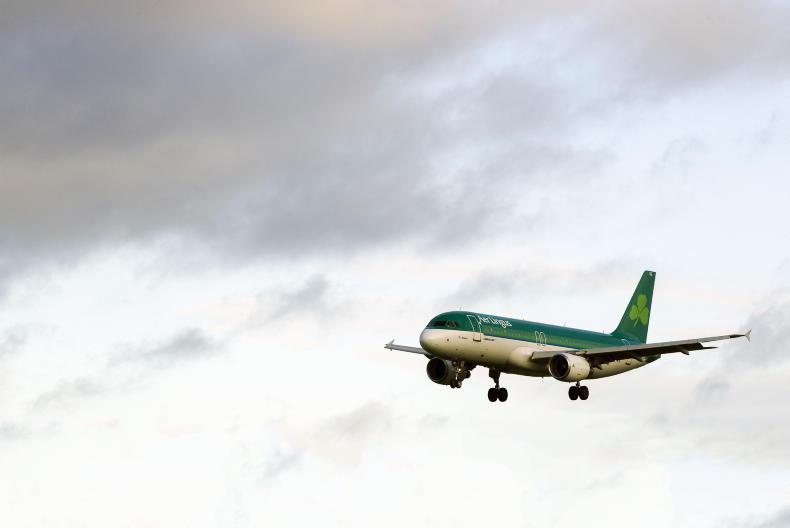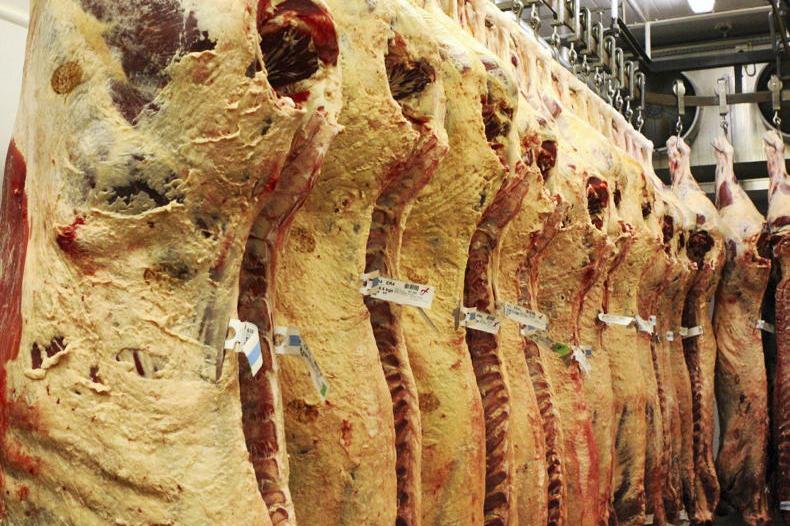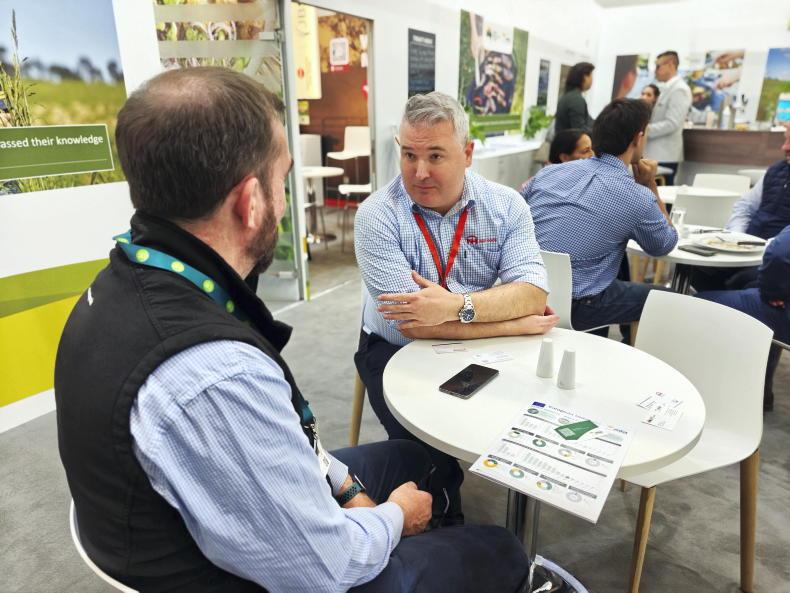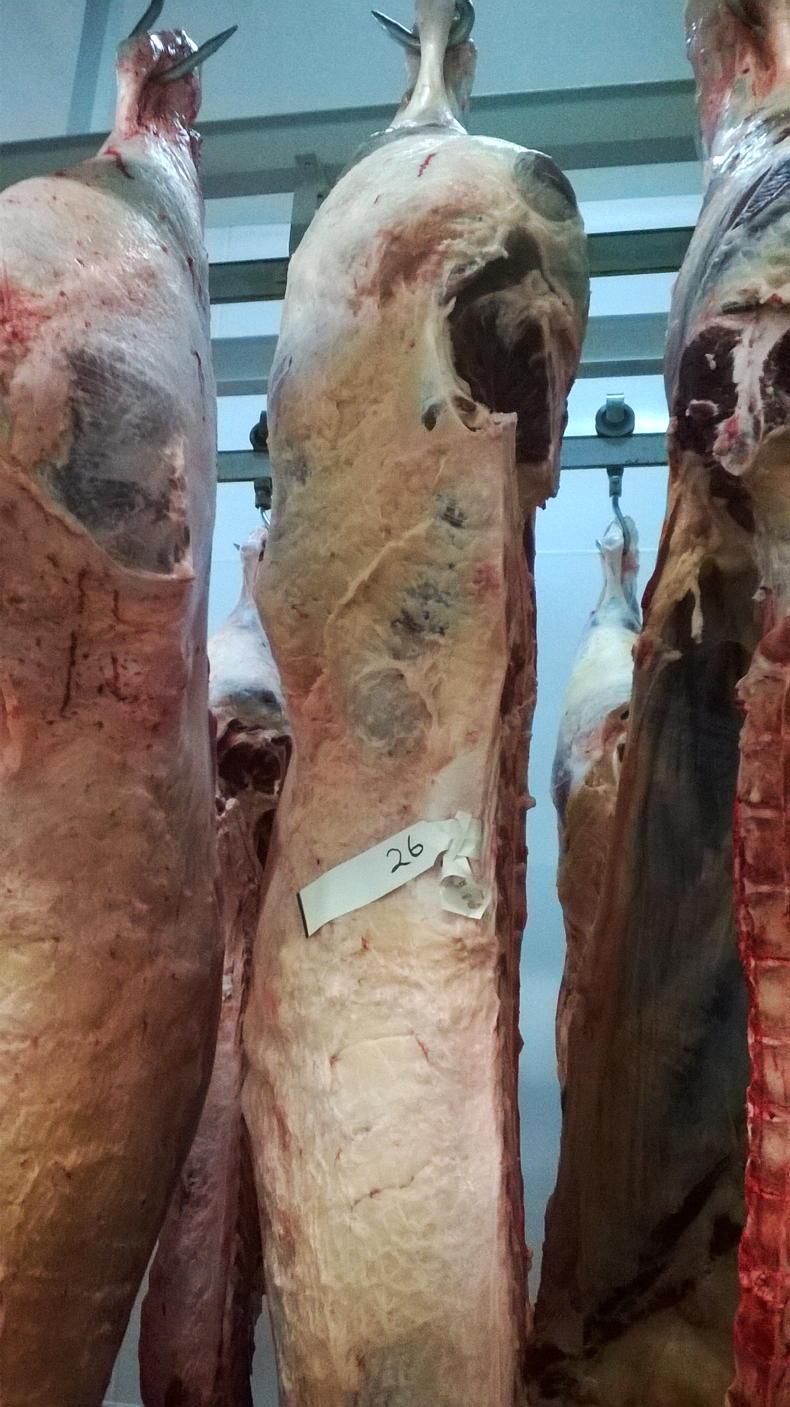Returning to the world of air travel again this week was a chance to get reacquainted with the customs that go with the territory with the addition of face masks and other COVID-19 related precautions.
The final message wishing us well with our onward journey also included the line that “the carbon emissions from all the fuel used on our flights was offset”.
Offsetting carbon emissions has become almost a marketing tool adopted by several corporations across all sectors and in all parts of the world. It was called out recently by Oxfam where they described the use of terms like offsetting and net zero as greenwashing. An airline doesn’t reduce carbon emissions while it maintains or grows the number of flights and increasing the passengers it carries.
It is also interesting just how little attention the major polluters in travel and energy attract compared with farming and agriculture. Currently in Ireland we are engaged in a debate about how we will reduce the overall emissions from the agriculture sector, with restrictions on the numbers of livestock being considered as a way of achieving this.
Telling a farmer they cannot invest in more livestock is like telling an airline that it must limit the flights they offer and number of passengers they carry.
It is easy to drink coffee from a disposable cup and pontificate about putting restrictions on farming
Society has to make changes to reduce emissions
Bringing this into an even more everyday situation, it could be compared with fuel for our cars being rationed to a weekly allowance based on our current usage with a targeted reduction over the rest of the decade. Similarly our use of domestic heating fuel and electricity could be capped at present use, with cuts built in over the coming years forcing consumers to decide between switching off the TV or the cooker to manage their energy budget.
If the world is serious about a major reduction in emissions over the coming years, all of these options will have to come into play as it will require huge lifestyle changes across all of society to secure the reductions.
In that scenario farmers and wider agriculture will also have to be active. What will also be essential in that scenario is agriculture types are matched to the areas of the world where they are best suited.
It makes no sense to keep cattle in air conditioned sheds and to drill deep wells for water in hot, arid countries, while at the same time curtailing production in Ireland or other nations with a temperate climate and plentiful supplies of rainwater and grassland.
EU vice president Frans Timmermans pleaded for the rest of the world to follow the EU line on sustainable food production in his address to the UK Food systems summit last week. However US Agriculture secretary Tom Vilsack was clear that their focus was on production and that their preference was for a voluntary, incentivised model on sustainability for farmers, not restrictions.
The COP 26 summit in Glasgow will take place in a few weeks’ time and is considered the last best chance for the world to come together to put a meaningful plan in place to reduce emissions.
Unfortunately, there is little evidence in place that the developed world is ready to make the lifestyle sacrifices necessary.
It is easy to drink coffee from a disposable cup and pontificate about putting restrictions on farming, but much more difficult to forsake the foreign holiday, latest smartphone and unlimited access to domestic electricity and personal transport.
Returning to the world of air travel again this week was a chance to get reacquainted with the customs that go with the territory with the addition of face masks and other COVID-19 related precautions.
The final message wishing us well with our onward journey also included the line that “the carbon emissions from all the fuel used on our flights was offset”.
Offsetting carbon emissions has become almost a marketing tool adopted by several corporations across all sectors and in all parts of the world. It was called out recently by Oxfam where they described the use of terms like offsetting and net zero as greenwashing. An airline doesn’t reduce carbon emissions while it maintains or grows the number of flights and increasing the passengers it carries.
It is also interesting just how little attention the major polluters in travel and energy attract compared with farming and agriculture. Currently in Ireland we are engaged in a debate about how we will reduce the overall emissions from the agriculture sector, with restrictions on the numbers of livestock being considered as a way of achieving this.
Telling a farmer they cannot invest in more livestock is like telling an airline that it must limit the flights they offer and number of passengers they carry.
It is easy to drink coffee from a disposable cup and pontificate about putting restrictions on farming
Society has to make changes to reduce emissions
Bringing this into an even more everyday situation, it could be compared with fuel for our cars being rationed to a weekly allowance based on our current usage with a targeted reduction over the rest of the decade. Similarly our use of domestic heating fuel and electricity could be capped at present use, with cuts built in over the coming years forcing consumers to decide between switching off the TV or the cooker to manage their energy budget.
If the world is serious about a major reduction in emissions over the coming years, all of these options will have to come into play as it will require huge lifestyle changes across all of society to secure the reductions.
In that scenario farmers and wider agriculture will also have to be active. What will also be essential in that scenario is agriculture types are matched to the areas of the world where they are best suited.
It makes no sense to keep cattle in air conditioned sheds and to drill deep wells for water in hot, arid countries, while at the same time curtailing production in Ireland or other nations with a temperate climate and plentiful supplies of rainwater and grassland.
EU vice president Frans Timmermans pleaded for the rest of the world to follow the EU line on sustainable food production in his address to the UK Food systems summit last week. However US Agriculture secretary Tom Vilsack was clear that their focus was on production and that their preference was for a voluntary, incentivised model on sustainability for farmers, not restrictions.
The COP 26 summit in Glasgow will take place in a few weeks’ time and is considered the last best chance for the world to come together to put a meaningful plan in place to reduce emissions.
Unfortunately, there is little evidence in place that the developed world is ready to make the lifestyle sacrifices necessary.
It is easy to drink coffee from a disposable cup and pontificate about putting restrictions on farming, but much more difficult to forsake the foreign holiday, latest smartphone and unlimited access to domestic electricity and personal transport.










SHARING OPTIONS